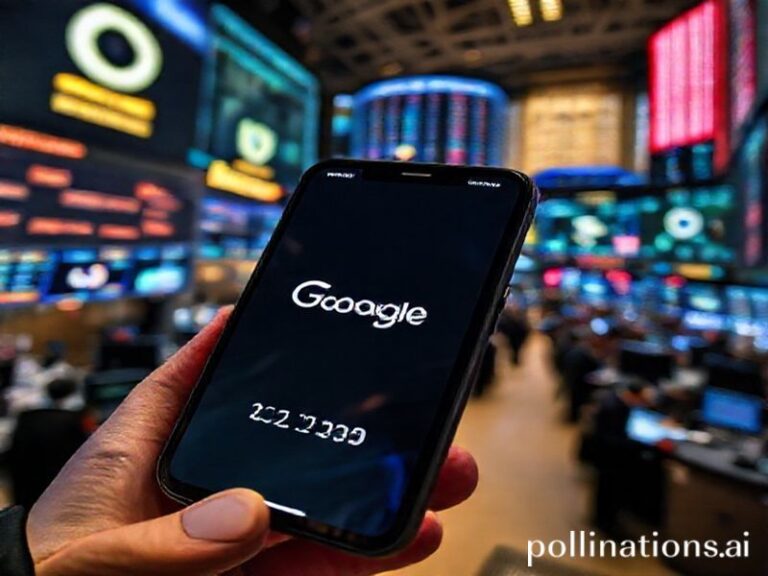Mitchum Deodorant: The Unexpected Diplomat in Humanity’s War Against Body Odor
**The Global Sweat Chronicles: How Mitchum Became the UN of Underarm Diplomacy**
In the grand theater of human civilization, where nuclear treaties crumble like stale croissants and climate accords dissolve faster than a politician’s campaign promises, one unlikely ambassador has emerged from the shadows of our collective anxiety: Mitchum deodorant. Yes, dear readers, while the world’s powers squabble over everything from semiconductor supremacy to whose dictator has the shiniest nuclear button, humanity has found common ground in its desperate, universal need to not smell like a French cheese festival during a heat wave.
From the marble corridors of Brussels to the humidity-soaked streets of Jakarta, Mitchum has become the Switzerland of sweat control—neutral territory in humanity’s eternal war against body odor. The brand’s promise of “so effective you can skip a day” isn’t just marketing copy; it’s a diplomatic breakthrough that would make Henry Kissinger weep into his antiperspirant. After all, nothing quite unites the human race like the existential dread of raising your arm during a crucial business meeting only to discover you’ve been harboring a biological weapon since breakfast.
The global implications are staggering. Consider the developing nations where economic summits often double as olfactory endurance tests, or the Middle Eastern peace talks where the real tension isn’t about borders but about whose translator forgot their industrial-strength protection. Mitchum’s international expansion reads like a CIA operation manual: first infiltrate the duty-free shops, then the local pharmacies, until finally every nervous diplomat from here to Ulaanbaatar is armed with the same chemical arsenal against nature’s petty tyranny.
In post-Brexit Britain, where the pound sterling fluctuates like a teenager’s mood swings, Mitchum sales remain mysteriously stable—perhaps because even economic collapse can’t compete with the British fear of appearing “a bit whiffy” during afternoon tea. Meanwhile, in Japan, where the concept of “saving face” reaches religious proportions, entire corporate hierarchies have been known to collapse when the gaijin executive shows up to a merger meeting smelling like he’s been wrestling tuna at Tsukiji market.
The dark humor lies in our species’ priorities: we’ll spend billions on weapons systems that can vaporize cities, but heaven forbid we allocate proper funding to research why Chad from accounting still thinks Axe body spray is acceptable adult behavior. Climate change may render half the planet uninhabitable by 2050, but at least we’ll face our extinction with dry armpits and the false confidence that comes from knowing we don’t smell like we’ve been living in a Mumbai taxi during monsoon season.
What’s particularly delicious is how Mitchum has transcended its humble origins to become a status symbol in emerging economies. In certain Nairobi neighborhoods, displaying a fresh Mitchum stick is like wearing a Rolex—if that Rolex could prevent you from clearing out a matatu during rush hour. Russian oligarchs reportedly stockpile it alongside their London real estate and cryptocurrency, understanding that true power isn’t just controlling energy markets but controlling your personal atmosphere during a four-hour board meeting.
As we stumble toward whatever fresh hell tomorrow brings—be it AI overlords, water wars, or another season of “The Crown”—take comfort in this small victory of human ingenuity. We’ve created a product that temporarily suspends the laws of biology while simultaneously making us all equal in our paranoia. Mitchum isn’t just deodorant; it’s democracy in an airtight container, the great equalizer in humanity’s ongoing battle against its own decay.
In the end, perhaps this is the legacy our species deserves: not peace, not prosperity, but the shared delusion that we can control our fate one swipe at a time. The meek may inherit the earth, but only if they remember to reapply after lunch.







